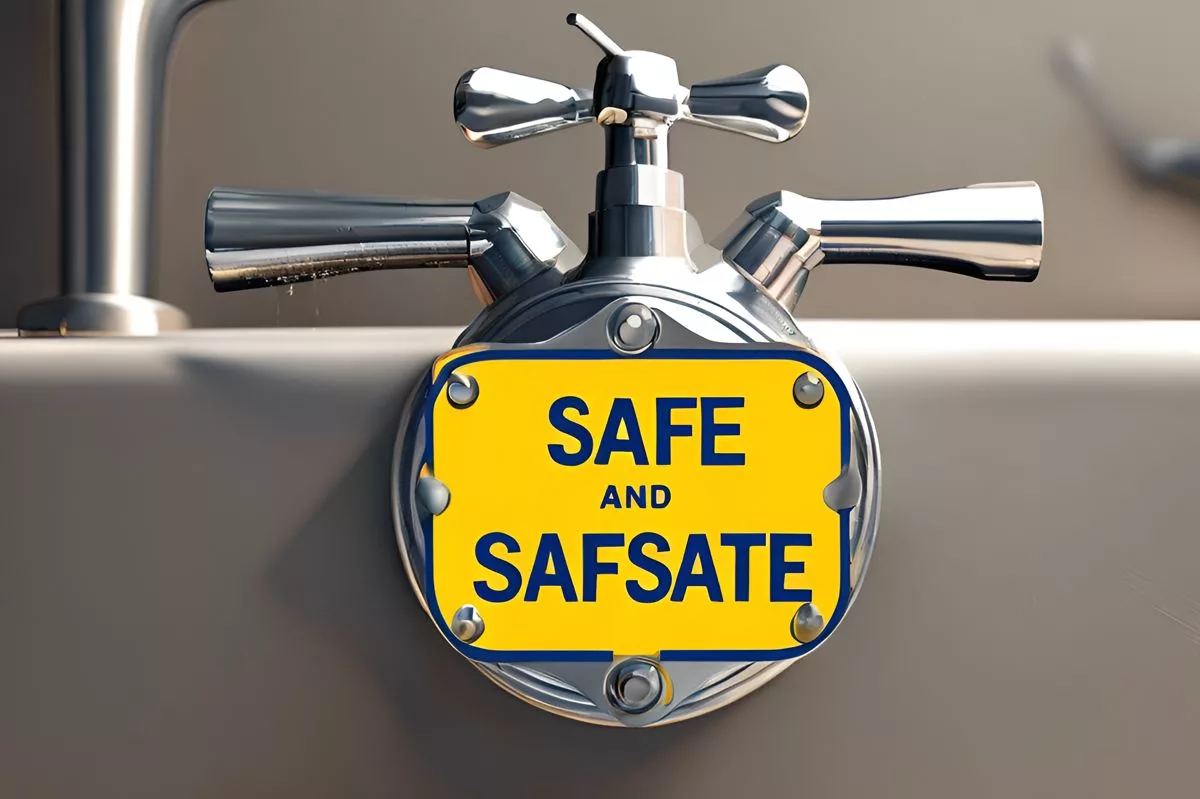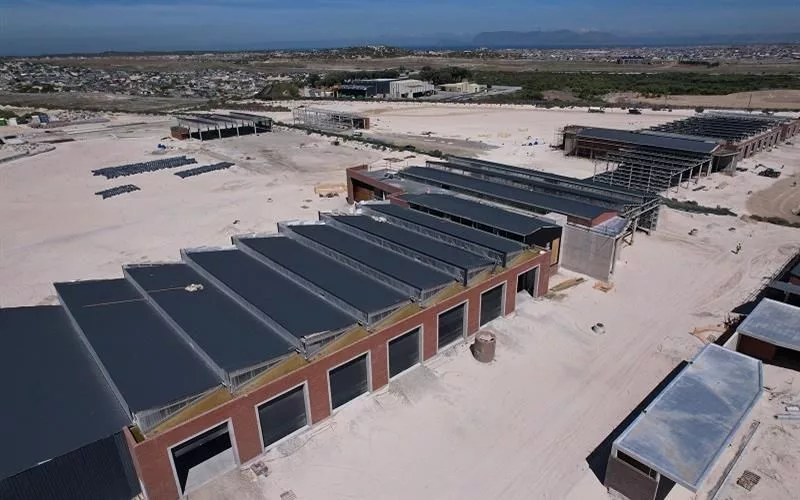Misinformation is a growing concern in the digital age, particularly when it involves critical public amenities like water supply. The recent Tshwane water scare incident in South Africa highlighted the severity of this issue, as a fake notification about contaminated water caused panic among the public. The City of Tshwane responded proactively to dismiss the false alarm, emphasizing the importance of authenticating information and relying on reliable sources. The incident serves as a reminder for every citizen to combat the spread of false information and stay updated through trustworthy channels.
The Threat of Misinformation
In this era of digital interconnectivity and the widespread influence of social media, the threat of misinformation is an ever-present concern. This issue is particularly troublesome when it impedes the correct transmission of information, especially in regard to critical public amenities like water supply.
The Threat of Misinformation
In this era of digital interconnectivity and the widespread influence of social media, the threat of misinformation is an ever-present concern. This issue is particularly troublesome when it impedes the correct transmission of information, especially in regard to critical public amenities like water supply. A recent event in Tshwane, South Africa, underlines the severity of this escalating issue.
Tshwane Municipality found itself at the center of a controversy when a fake notification, seemingly issued in its name, started circulating on different social media channels. This fraudulent alert falsely asserted that the city’s water supply was polluted and potentially hazardous, posing a risk of leading to Typhoid Fever. This message sparked considerable apprehension among the public, compelling the municipality to respond proactively.
Municipality’s Response and Recent Water Quality Report
In response to the growing panic, the City of Tshwane strongly dismissed the message and the associated notice as a false alarm. The city’s administrators encouraged citizens not to succumb to such misinformation. They highlighted the critical necessity of authenticating information before subscribing to it or disseminating it further.
Interestingly, this situation is somewhat paradoxical, given that the Department of Water and Sanitation had released a detailed Blue Drop Report on December 5, 2023, which conveyed a more comforting scenario. This report evaluated the quality of drinking water throughout the region, affirming that water systems in most metropolitan areas generally adhere to or surpass the required standards.
For instance, the Blue Drop Report emphasized that in Gauteng, a remarkable 62% of systems were performing excellently or satisfactorily. This finding is in stark opposition to the baseless allegations of water contamination that somehow infiltrated the public domain.
The Importance of Diligence and Reliable Sources
This event serves as a pertinent reminder of the need for prudence and judgment in our digital age, wherein misinformation can quickly gain momentum. Unfounded warnings regarding public health matters, like the one witnessed in Tshwane, can incite needless fear and perplexity.
Municipalities around the globe are entrusted with supplying clean and drinkable water to their inhabitants, and Tshwane is no different. The City of Tshwane has reaffirmed its dedication to this vital duty and reassures residents that its municipal water supply is fit for consumption.
The swift dissemination of this specific piece of false information underlines the essential need for citizens to depend on official channels for information relating to public services. It also serves as a call to action for every citizen to counteract the spread of false information by staying updated through reliable sources. This effort will contribute not only to a more knowledgeable community but also to a more robust one.
In conclusion, the Tshwane incident is more than just a water scare – it’s a wake-up call to the perils of misinformation in our ultra-connected world. It serves to remind us that every citizen plays a part in ensuring the accuracy of information circulating in our digital societies. As demonstrated by the City of Tshwane, it is of utmost importance to stay alert, to question, to authenticate, and above all, to place trust in dependable sources.
What was the Tshwane Water Scare incident?
The Tshwane Water Scare incident was a case of misinformation where a fake notification about contaminated water started circulating on various social media platforms, causing panic among the public. The notification falsely claimed that the City of Tshwane’s water supply was polluted and potentially hazardous, posing a risk of leading to Typhoid Fever.
How did the City of Tshwane respond to the incident?
The City of Tshwane responded proactively to the incident by strongly dismissing the fake notification and emphasizing the importance of authenticating information before subscribing to it or disseminating it further. They also reassured the public that their municipal water supply was fit for consumption.
What is the Blue Drop Report, and how is it related to the Tshwane Water Scare incident?
The Blue Drop Report is a detailed report released by the Department of Water and Sanitation that evaluates the quality of drinking water throughout the region. The report conveyed a comforting scenario, affirming that water systems in most metropolitan areas generally adhere to or surpass the required standards. This report contradicts the false allegations of water contamination that were circulating during the Tshwane Water Scare incident.
What is the importance of relying on reliable sources in combating misinformation?
The Tshwane Water Scare incident serves as a reminder for every citizen to combat the spread of false information and stay updated through trustworthy channels. It is essential to depend on official channels for information relating to public services to counteract the spread of false information. This effort will contribute not only to a more knowledgeable community but also to a more robust one.
Why is misinformation a growing concern in the digital age?
In this era of digital interconnectivity and the widespread influence of social media, the threat of misinformation is an ever-present concern. This issue is particularly troublesome when it impedes the correct transmission of information, especially in regard to critical public amenities like water supply.
What is the importance of prudence and judgement in the digital age?
The Tshwane Water Scare incident serves as a pertinent reminder of the need for prudence and judgment in our digital age, wherein misinformation can quickly gain momentum. Unfounded warnings regarding public health matters can incite needless fear and perplexity. Every citizen plays a part in ensuring the accuracy of information circulating in our digital societies.












